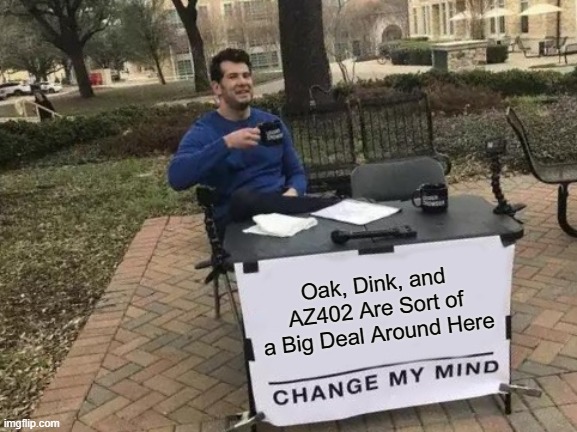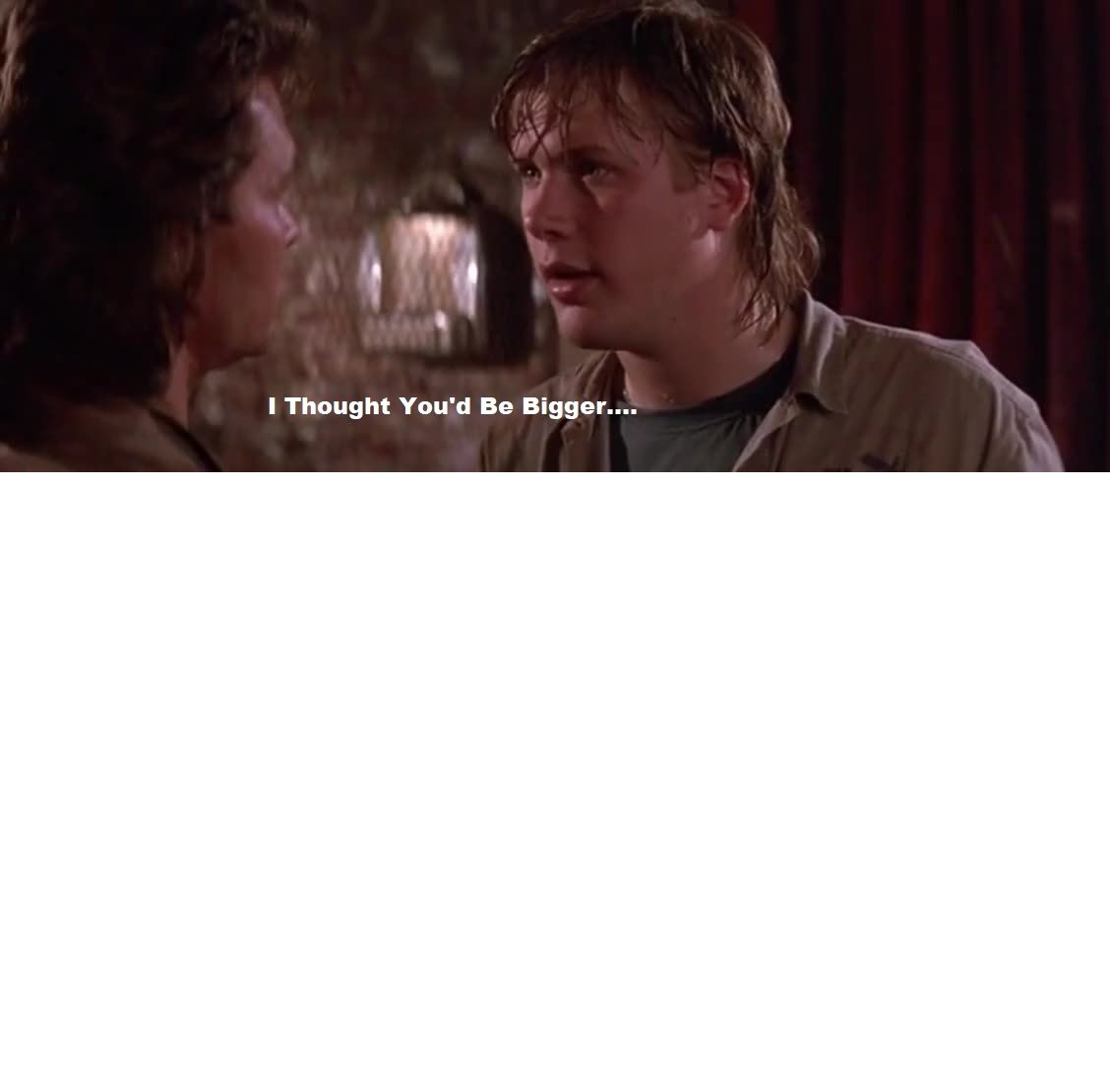you can pull up those old news clippings about Colorado Fish and Game/CPW again @wllm1313
people were moanin about too many people ruining hunting long before social media. i do wonder what they were blaming back then...
"ah that effin outdoors guy on the radio said something about goin elk huntin up by willow crik! now all these yuppies in oldsmobile's are ruinin the place. gosh durnit!"
freakin radio programs, ruining hunting.
people were moanin about too many people ruining hunting long before social media. i do wonder what they were blaming back then...
"ah that effin outdoors guy on the radio said something about goin elk huntin up by willow crik! now all these yuppies in oldsmobile's are ruinin the place. gosh durnit!"
freakin radio programs, ruining hunting.






